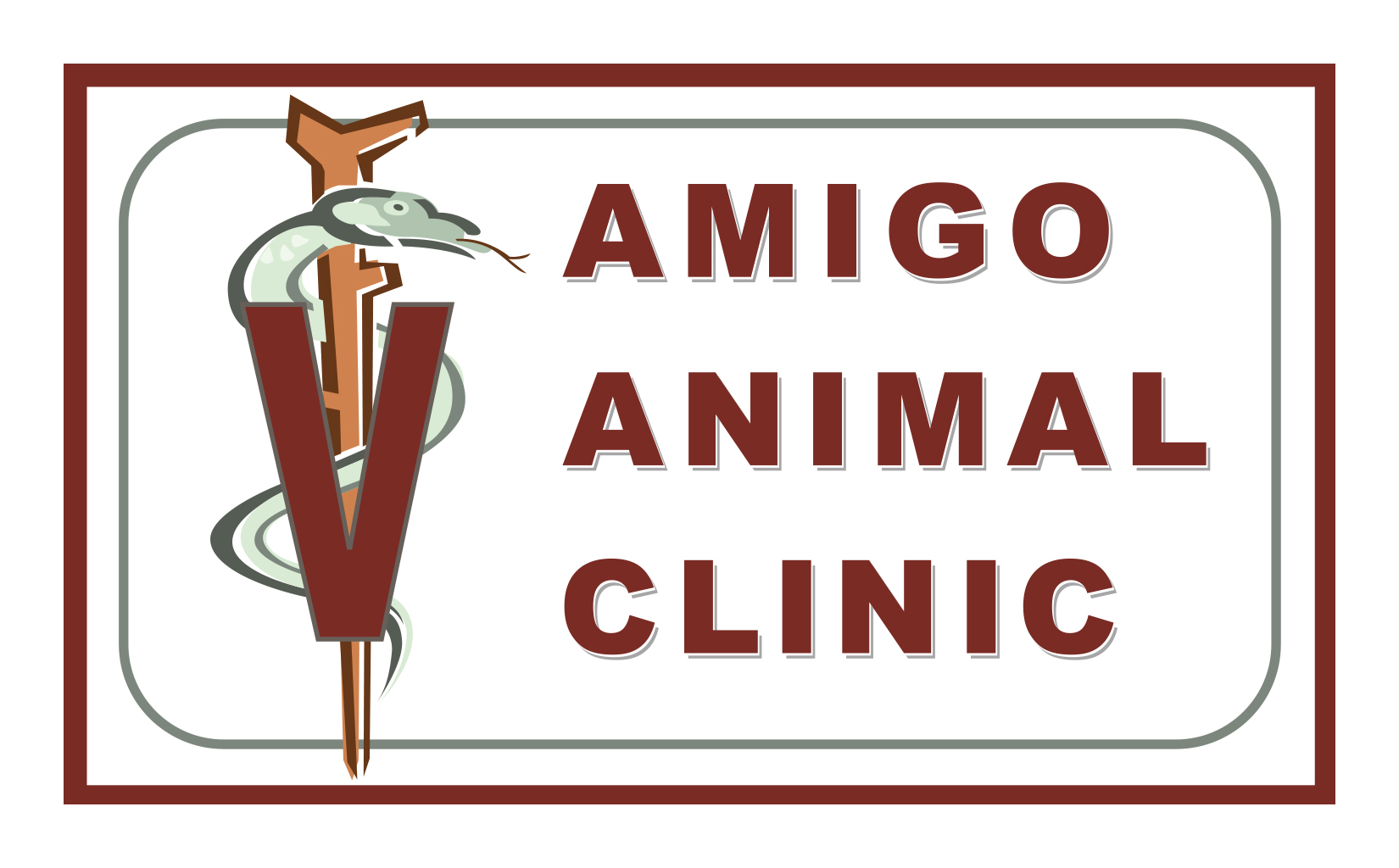Overweight & Obesity in Pets
How can you resist those mournful eyes longing for a treat? It is hard not to give in. However, there are consequences to over feeding your pet. Pets that are overweight usually have shorter lifespans, for one thing. Sadly, the number of overweight pets in the U.S. is very high. In a 2018 survey by the American Pet Products Association, an estimated 60% of cats and 56% of dogs in the United States are overweight or obese. That equals an estimated 50 million dogs and 56 million cats that are too heavy!
Obesity and Medical Problems
While there are other factors that lead to diseases in pets, weight and obesity are often the root cause of diseases such as:
Other Factors in Pet Obesity
Here is a brief summary of other factors that can contribute to problems in overweight and obese pets.
- Breed. The type of breed of pet can contribute to weight problems. For example,
Dogs: Cocker Spaniels, Labrador Retrievers, Dachshunds, Golden Retrievers, Shetland Sheep dogs, Dalmatians and mixed breeds.
Cats: Birman, Ragamuffin, Colorpoint Shorthair, Persian, Exotic Shorthair, Manx, Peke Face, British Shorthair, Dometic Shorthair, Sphynx.
- Age. As pets get older the chance of them becoming overweight increases. If your pet suddenly gains weight it is important to consult your veterinarian as there can be an underlying medical issue.
- Activity Level – As pets grow up, they burn up a lot of energy playing and growing their bodies. But once their growing stage is over, they can gain too much weight if they do not get enough exercise.
- Diet and Feeding – Some pet foods are high in carbohydrates and unhealthy fats. This, along with overfeeding is the biggest cause of obesity in both dogs and cats. Also giving your pets too many treats.
Tips to Get Your Pet Healthy
If you want your pet to live a long, happy, healthy life, now is the time to start monitoring their weight. Better late than never! Here are some tips to help:
- Monitor your pet’s weight.
A rough rule of thumb: if you cannot feel your pet’s ribs when running your hands along your pet’s side chances are they are overweight. If you can’t weigh your pet at home and you suspect they are overweight, it is best to weigh them at the vet and get an accurate weight.
- Monitor Calories.
It is possible to monitor calorie intake for your pet. Pet foods and pet treats should have the calories on the cans or packages. If you do not know what your pet’s daily calorie intake should be, find out from your vet.
- Minimize Treats.
Do not randomly hand out treats to your pets. Just like with people, treats can upset the calorie balance your pet needs to stay healthy. If you want to give treats, find out how many calories you can safely give your pet daily. Then give them treats only when training them or they do something you’ve asked. And stick to how many they can have daily. This way treats are not just handed out randomly.
- Exercise. All pets need exercise, especially those pets that don’t have access to running space.
All pets need exercise, especially those pets that don’t have any or little access to the outdoors. Exercise needs are based on an animal’s age, breed, size and overall health. But a rough rule for dogs is that they should spend 30 minutes to two hours on an activity every day. Today many cats are kept inside for their safety. While cats sleep roughly 16 hours a day, in their waking hours they need to be able to get exercise. If your cat is indoors only, you can help them get exercise by providing cat trees or other ways to climb. Jackson Galaxy provides lots of tips on how to “catify” your home. Pet stores also have cat toys that you can try out with your cat to get them engaged in play time.
- Wellness checks
Get your pet into your vet for a wellness check. They should be weighed each time and their weight monitored. Consult with your vet about your pets weight, diet, feeding times, treats, exercise, etc. so you work together to ensure your pet achieves and maintains a healthy weight.
Your pet’s health is important to us. Here at Amigo Animal Clinic we know it is important to keep your pet at a healthy weight. If you have any concerns about your pets weight or have noticed a sudden increase in your pets weight contact us and schedule an appointment now.
What's Next
Call us or schedule an appointment online.
Meet with a doctor for an initial exam.
Put a plan together for your pet.

